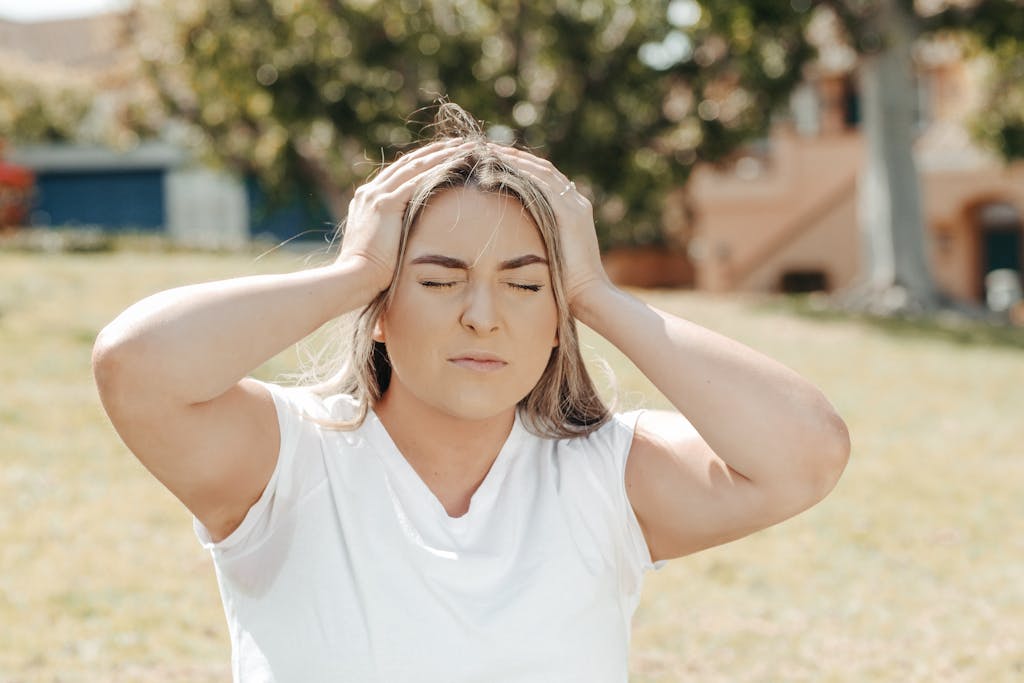How to Prevent Migraines Before They Start

Migraines are intense headaches that can cause pain, nausea, and sensitivity to light and sound. They can greatly affect your day-to-day activities and persist for hours or even days.. While some migraines can be triggered by factors beyond your control, there are ways to prevent them before they start. By understanding common triggers and making certain lifestyle changes, you can reduce the frequency and severity of migraine attacks.
Identify Your Triggers
One of the first steps in preventing migraines is identifying what triggers them. Common triggers include stress, certain foods, lack of sleep, dehydration, and changes in weather. Keep a migraine diary where you track your symptoms, activities, and foods to help spot patterns. This will allow you to avoid potential triggers and prevent a migraine from starting.
Maintain a Consistent Sleep Schedule
Irregular sleep patterns can be a major migraine trigger. Going to bed and waking up at the same time every day helps maintain a stable routine. Aim for 7-9 hours of sleep each night and avoid oversleeping or sleeping too little, as both can increase the likelihood of a migraine.
Stay Hydrated
Dehydration is a common cause of headaches, including migraines. Drinking enough water throughout the day helps keep your body hydrated and may reduce the chances of a migraine. Try to drink at least 8 cups of water daily, and increase your intake if you’re active or in a hot environment.
Manage Stress Effectively
One of the most frequent causes of migraines is stress. Finding ways to manage stress can help prevent migraines. Techniques like deep breathing, meditation, yoga, or even regular exercise can help keep stress levels in check. Taking breaks during the day and focusing on relaxation can also reduce the risk of a migraine.
Eat Regular, Balanced Meals
Skipping meals or consuming foods that are high in sugar, caffeine, or preservatives can trigger migraines. Eating regular, balanced meals throughout the day helps maintain stable blood sugar levels and prevents the onset of a migraine. Eat a diet rich in whole grains, lean meats, fruits, and vegetables.
Limit Caffeine and Alcohol
Excessive consumption of caffeine or alcohol can contribute to migraines. While a small amount of caffeine might help relieve some migraine symptoms, too much can actually trigger one. Similarly, alcohol, especially wine, can lead to dehydration and worsen migraine symptoms. Try to limit your intake to reduce the risk of an attack.
Regular Physical Activity
Regular exercise enhances circulation, lowers stress levels, and encourages better sleep, all of which can help avoid migraines. On most days of the week, try to get in at least 30 minutes of moderate exercise, such as cycling, swimming, or walking. However, avoid overexertion, as intense physical activity can sometimes trigger a migraine.
In conclusion, preventing migraines is often about making small lifestyle adjustments and being mindful of your habits. By identifying triggers, managing stress, staying hydrated, and maintaining a healthy routine, you can reduce the likelihood of experiencing migraines and enjoy a better quality of life.


